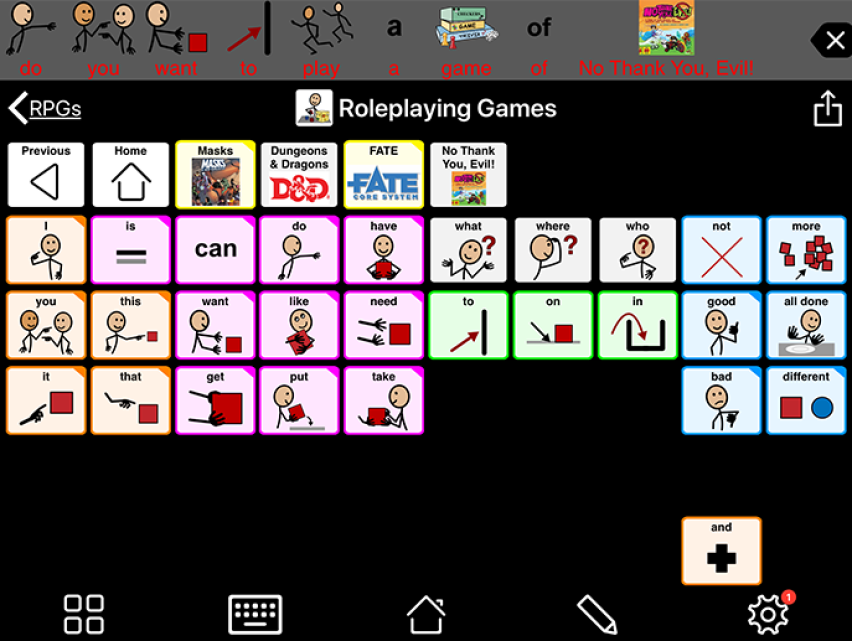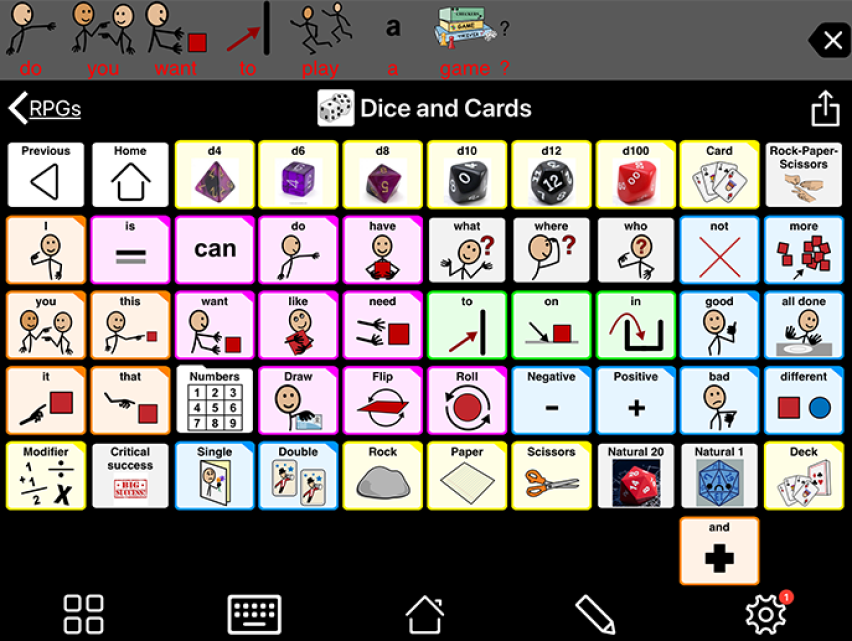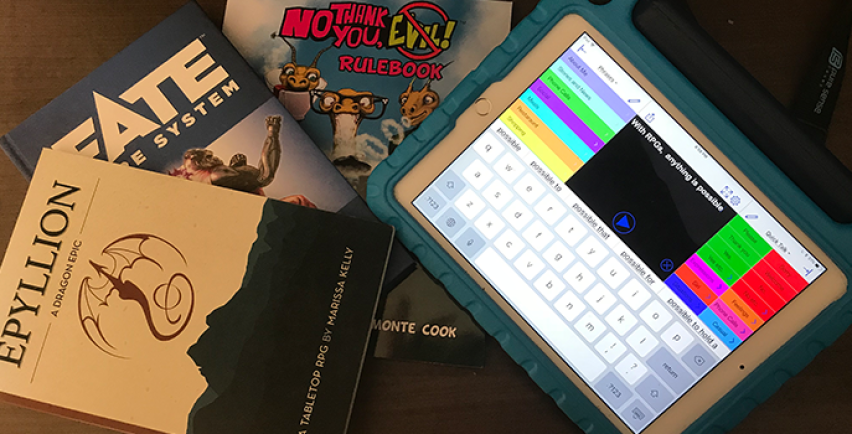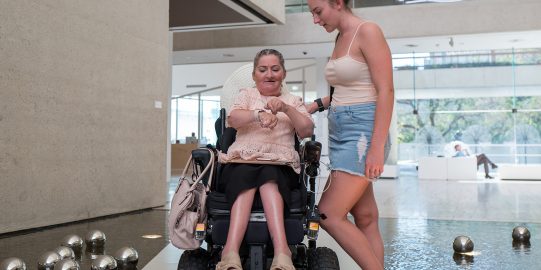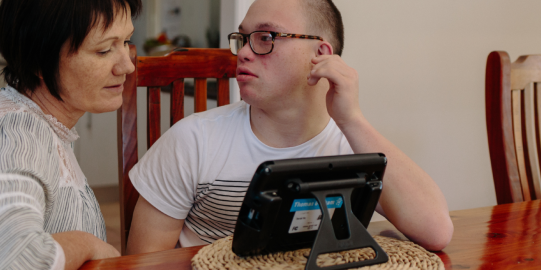When I was 9, I finally figured out how to read. It was the summer between 2nd and 3rd grade, and my special ed teachers had spent the past two years trying everything in their power trying to teach me how to unlock the written word. Due to a long drive, my parents got me some comics so I could at least look at the pictures.
This led to me figuring out how reading worked, which led to a love of the X-Men. I was able to get to talking with other kids my age about it at daycare, and one day one of the counselors there suggested something that blew our little minds: “What,” he asked, “If you could *BE* X-Men?” He brought out a copy of The Batman Roleplaying Game (think Dungeons & Dragons but with superheroes instead), helped us make characters, wrote up the X-Men using the rules, and I was instantly hooked.
I am autistic. I have always found speech and socialization difficult. I was in special education, in one form or another, until I was 13, and had speech therapy until I was 10. I had HUGE troubles dealing with my peers, but through the medium of tabletop roleplaying games I suddenly had a way to relate to others. They taught me a variety of social skills I had trouble working through in the classroom, and helped me learn how to communicate effectively.
While speech for me has always been stressful and exhausting, RPGs presented a safe space for me where I was able to work through my communication more effectively; where the stress and exhaustion felt worth it. Something about the small social environment, the intense involvement with the story, and being able to speak as a character who was not me helped a lot. RPGs became the one place where I could avoid speaking neurotypically, and where that wasn’t just accepted but encouraged, especially when it let me engage more with the story.
I recently started using AAC back in the fall of 2017, and after my parents gifted me with an iPad loaded with Proloquo4Text for Christmas, I have started using it more. It has become my primary mode of communication, a more effective, organized, and stress-free way for me to express myself. This surprised people used to gaming with me, as I could force myself to be quite eloquent at the table, but the acceptance I have found from my friends and the RPG community since has been fantastic. I had to figure out a way to work around my biggest hobby and interest, which led me to some realizations about roleplaying games. Their role as a tool for socialization, and their huge potential for building communication skills, whether via AAC (be that high tech, low tech, sign language, etc.) or verbal speech, makes them an excellent resource.

